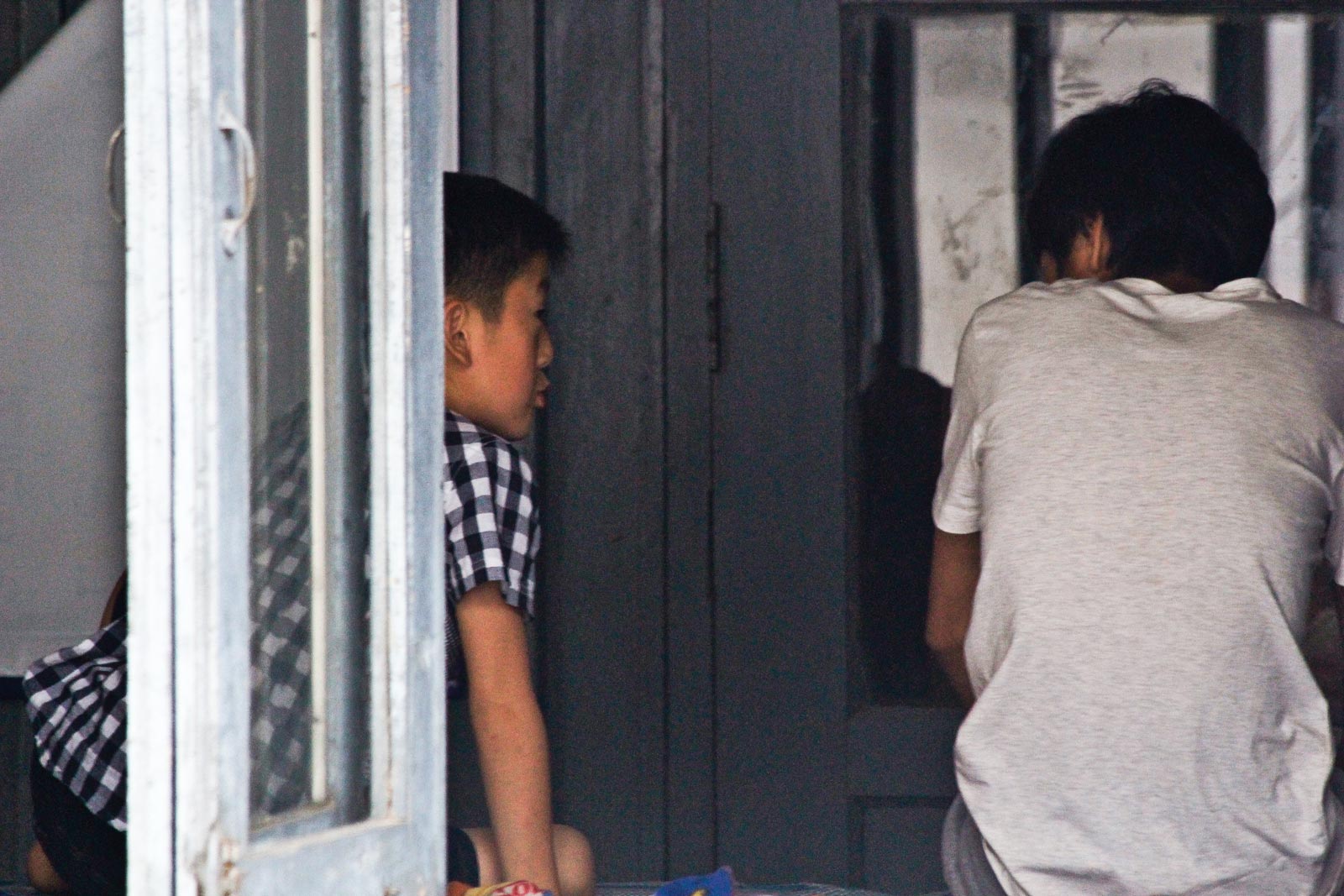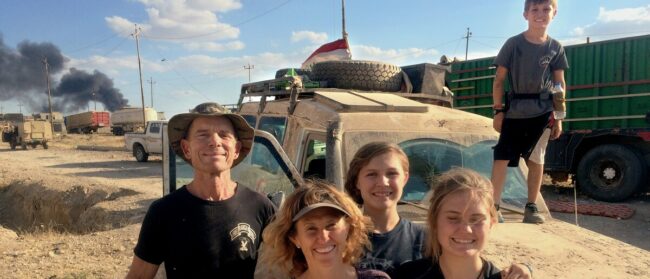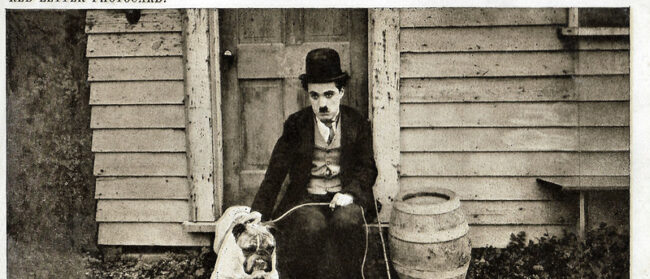Editor’s note: On December 22 2017, the UN Security Council ordered countries hosting North Korean workers – a vital source of income for the communist regime – to repatriate them within two years in order to press Pyongyang on its nuclear and ballistic missile programmes. As the deadline for all UN members to completely comply with this order approaches, state-run North Korean restaurants – dotted across Southeast Asia’s major cities, once the most visible of the government’s foreign revenue streams – have been shut in their droves, sending workers home. Here we look at the reverse situation with a piece from 2011, in which we investigated the rapidly growing trend of North Korean defectors risking their lives to escape abject poverty and oppression to seek refuge in Thailand, and ultimately relocation to South Korea.
Three families of North Korean defectors stopped at a shelter on the side of the road to rest, and to plan the final leg of their journey to freedom.
They had just crossed the Mekong River from Laos, arriving in the Thai province of Chiang Rai. One woman asked in broken English about buses to Bangkok, but they had already missed the last one. After a short discussion, the group decided to turn themselves in at the local police station. As dusk fell, they began trudging into the small, riverside town of Chiang Saen.
It was slow going. The group included two small children and a grandmother who leaned on her friends for support as she shuffled along. When they reached the police station, officers had to carry her up the stairs into the detention centre.
There, the group joined about a dozen other defectors who were waiting to be processed by the Thai authorities and then flown to Seoul by the South Korean government.
All these refugees had to brave the elements and avoid arrest in China, Laos or Burma during a 3,000-mile journey that can take years – one woman in this group said she spent five years in China.
But once they’ve arrived in Thailand they know they will not be sent back to North Korea. As a result, this long and dangerous route has become increasingly popular.
What was a trickle of arrivals a few years ago has become a deluge. In 2004, only 46 defectors entered Thailand, according to official figures compiled by the Bangkok Post. In 2010, arrivals totaled 2,500.
Local guesthouse owner Tu Sanaroon has watched the rising tide of refugees as they walk past her front door on the main road into town. They now appear every few days.
Recently, she said, a man arrived in the pouring rain carrying his mother on his back. He was seeking shelter, but it would have been illegal for her to provide lodging to people without Thai visas.

“He asked me about the room and I think about the police and the problem,” she recalled. “I feel sad for him, because this is not his country. I want [to] help them, but I cannot help.”
Fortunately, the refugees do receive assistance from the Thai and South Korean governments. Thai authorities process them rapidly and then hand them over to the South Korean government, which flies them to Seoul.
While officials are reluctant to speak on record, a confidential US diplomatic cable recently released by Wikileaks indicates that those governments come to an arrangement when it comes to North Korean refugees.
Police fear that as word spreads that arrests lead to processing in Bangkok and eventual resettlement, ever more North Koreans will attempt to enter Thailand in Chiang Rai
US consular official
“The RTC [Royal Thai Government] permits North Koreans entering Thailand illegally to resettle in the Republic of Korea [ROK],” reads the cable. “The special policy is publicly presented as ‘Koreans being deported to Korea’, with the geographical distinctions conveniently blurred.”
The December 2009 cable notes that the entire process takes about a month.
Chiang Saen police declined a request for an interview. But another Wikileaks cable suggests that even in 2006, police in Chiang Rai province were “at a loss on how to effectively manage the growing number of North Koreans who enter Thailand illegally after spending months on an Underground Railway-style trek.”
“Police fear that as word spreads that arrests lead to processing in Bangkok and eventual resettlement, ever more North Koreans will attempt to enter Thailand in Chiang Rai,” a US consular official wrote.
The cable noted that Christian “missionary organisations” are helping defectors along the underground railway and are “focused on bringing more North Koreans through China and into Thailand”.
One of the beneficiaries of those Christian groups goes by the pseudonym ‘Joseph’. He is now happily settled in South Korea, but in a telephone interview from Seoul he described a harrowing journey.
North Korean defectors post-2011
Defections from North to South have been steadily declining since 2011 (2,706), reaching a 16-year low of 1,127 in 2017. Under the leadership of Kim Jong-un, the North has attempted to attract defectors to return with promises of money, housing and employment. Unconfirmed reports have claimed that government operatives have contacted defectors in the South, offering them guarantees of their family’s safety, 50 million South Korean Won ($44,000), and a TV appearance celebrating their return. In 2013, the North reportedly aired at least 13 such appearances, with returning defectors complaining of poor living conditions in the South and pledging their renewed allegiance to the North.
After successfully evading authorities in China, the group he was with crossed into Myanmar, led by a Korean-American pastor. But fearing the Burmese police and army, they decided to try to reach Thailand through Laos instead. As they were crossing the Mekong, which forms the border between the two countries, their boat overturned and the pastor drowned.
“The water was going so fast, we couldn’t save him,” said Joseph. “We couldn’t even save ourselves. We were rescued by a boat.”
That wasn’t the end of their ordeal, however. The Laos authorities detained them for a month before sending them back to Myanmar, where they were imprisoned again. Because the pastor was a citizen of the US, American authorities investigated the incident and passed information on to their South Korean counterparts. After spending four months in several Burmese prisons, South Korean officials rescued the defectors and put them on a plane to Seoul.
During the interview, Joseph was speaking on his mobile phone as he shopped in a busy grocery store – a stark contrast to life in North Korea where, he pointed out, escaping hunger is an everyday struggle for millions of people.
Indeed, North Korea’s inability to feed its citizens is the main reason for the spike in defectors, according to a recent report by International Crisis Group (ICG).
“Since the famine in the mid-1990s, the mostly poorly educated defectors are on average significantly smaller and less healthy than Southerners, as well as less likely to have useful skills,” the group noted in a press release.

In an interview, ICG Northeast Asia Deputy Project Director Daniel Pinkston said the South Korean government provides assistance to help defectors integrate once they arrive in the country. The refugees first attend a 12-week course that includes lessons on subjects such as accessing health care. The government then gives them money and accommodation.
A network of nongovernmental organisations also supports the refugees, helping them with tasks like finding jobs and schools, Pinkston added.
Despite such programmes, ICG said many defectors find it hard to make the transition from living under one of the world’s most secretive and oppressive regimes to life in South Korea’s fast-paced, capitalist society. The report noted that they often face discrimination from South Koreans.
“The two sides of the Demilitarized Zone have diverged so much in economics, politics, language, and social organisation that people are now strangers to each other,” ICG said, calling on the South Korean government to “introduce tough anti-discrimination laws and practices”.
But the difficulties faced by defectors in their new home country do not come close to the brutality of life in North Korea, according to Joseph. “There is no country like South Korea for North Koreans,” he said. “I am so happy. I can work, I can study.”


